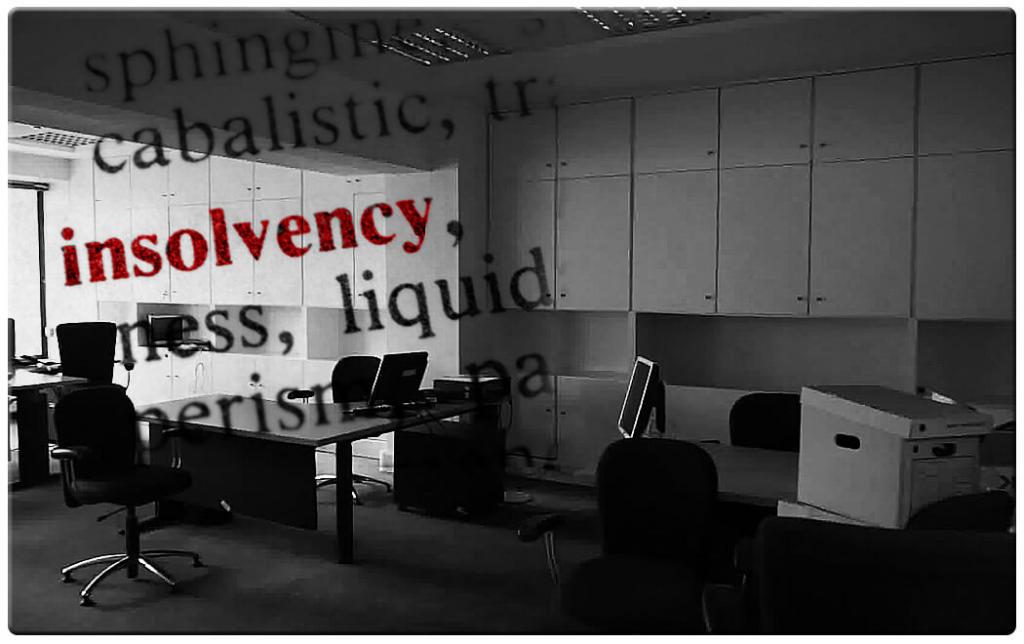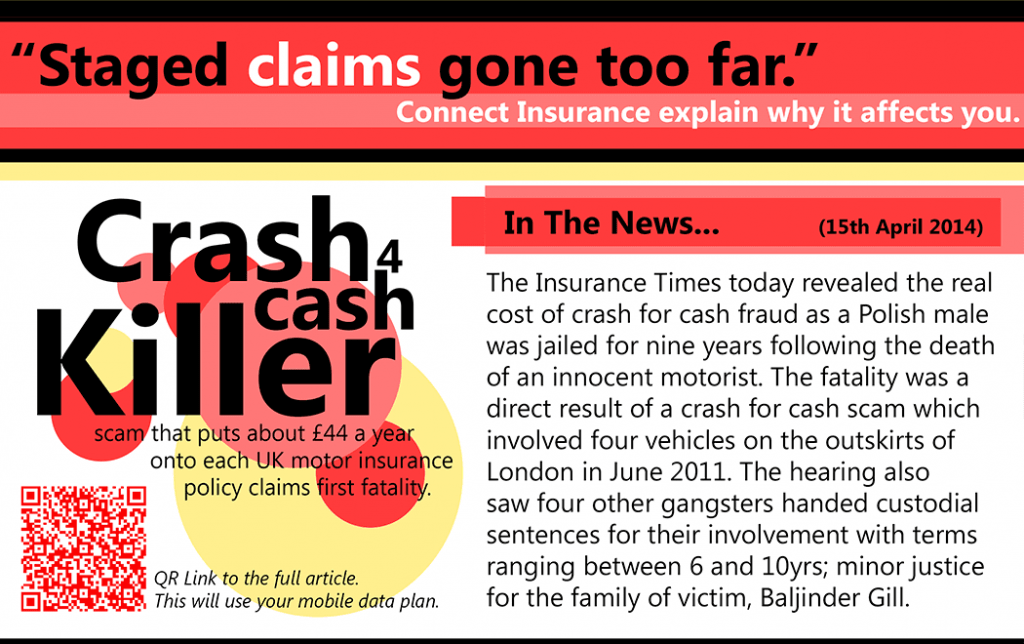
Occasionally things happen in the insurance industry which seriously impact the market, underwriters, brokers, and resultantly, the customers. When insurance companies take a huge financial hit, like all service providers, they are limited with how they can recuperate these losses. They can sack staff, sell assets, reduce overheads, or more commonly, increase the price of their product. This is the same in all retail and service industries; insurance is no exception.
So what are some of the “things” that have famously hit the insurance industry hard?

Solvency II
It was a few years ago when a legislative change rocked the insurance market. The Solvency II directive went into effect at the beginning of 2016 costing the insurance industry roughly £3,000,000,000 to implement. The primary focus of Solvency II legislation was to ensure European insurance companies had enough financial reserves to minimise their risk of insolvency and to ensure they had enough capital to honour all “incurred but not reported” claims pay-outs (IBNR).
In real terms, this meant that insurance companies had to massively reshuffle their finances, heavily reducing their “spare capital” and pooling this into their claims reserves instead. This left a lot of companies on the edge of being solvent; in fact, some companies collapsed entirely because they were unable to meet the Solvency Capital Requirement (SCR).

Ogden Rate
Consumers will be blissfully unaware of what the Ogden Table change meant for the insurance industry. Insurers wish they could remain blissfully unaware too. The Ogden Rate determines what percentage of a claims value must be paid to the customer by the insurer; in 2017 the discount rate was dramatically adjusted from 2.5% to -0.75%. You may be wondering why there would be any discount to begin with; this is because a claimant would be expected to generate interest or partially invest a lump sum compensation thereby recovering the “discounted” percentage from the amount they receive.
3.5% does not sound like much, until you extrapolate that figure across an insurers annual claim pay outs. For transparency, the Ogden Rate change cost household name Aviva an estimated £380,000,000 extra in claims pay outs for 2017.

Storm Season
2020 got off to an abysmal start for insurance companies involved in household, contents and business policies. A flurry of bad weather including the infamous Storm Ciara and Storm Dennis resulted in the severe widespread flooding of many areas of the UK. The sheer volume of rainfall was that high it culminated in February 2020 being noted as the wettest since records began in 1766. The worst affected areas were Yorkshire and the Midlands, however the effects of the flooding were felt nationwide.
The claims estimates for the damage caused by the flooding varied. Insurance analysts at PwC estimate damage between £175,000,000 and £225,000,000; other industry experts predict a final figure closer to £425,000,000. These are the types of unexpected events that really strain insurance companies reserves.

Covid-19
And then Covid happened. The financial ramifications of Covid-19 will not be realised for a long time, but given the £300,000,000,000 bill already incurred by the Government we already anticipate it’s going to be crippling for the insurance industry too. The widespread impact to businesses from closures to furloughs is placing a huge unanticipated burden on providers of business interruption cover with losses expected to run into the billions.
Business Interruption cover provides insurance for unavoidable circumstances whereby a business is unable to trade; it is entirely unprecedented for the entire country to be locked down in such a manner that a vast number of business interruption claims could be lodged at once. Many business interruption policies only provide cover for notifiable diseases (known prior to the policy start date) however there is a wide exposure for policies that do not have this caveat. There is a lot of noise in the industry currently regarding legal action being taken against Bermuda based insurer, Hiscox in relation to denied business interruption claims.

So what next?
Good question, though the answer likely is not so good.
Due to the situation with Covid-19 it is very likely that the insurance market will contract sharply. This means a lot of insurance companies may pull out of the insurance market entirely due to the financial losses they’ve incurred, whereas the rest are expected to hike up the cost of their premiums to recuperate the financial losses of the rapidly growing claims pay outs. You can shop around, you can ring all the insurance companies you can find, but it’s undoubtedly going to be the same sad song everywhere you turn. Insurance costs are going to increase.
Please do not get angry or frustrated when you receive your insurance renewal if the price has increased. Connect Insurance are an insurance broker not an underwriter; this means that we have very little control over the actual cost of your insurance policy. We are the negotiator who scours the insurance market to find you the best deals available; unfortunately sometimes the “best deal available” is still not very attractive for our customer.
We can haggle, we can barter, and we can occasionally secure discounts from our insurer partners, but the unfortunate reality is that this year we will likely see an increase in most of our customers renewal premiums.
As with all things this year, it seems that the best we can do is take it on the chin, and keep moving forward to better days ahead.
Keep calm, keep safe, and carry on.
Follow us on social media to stay up to date:

